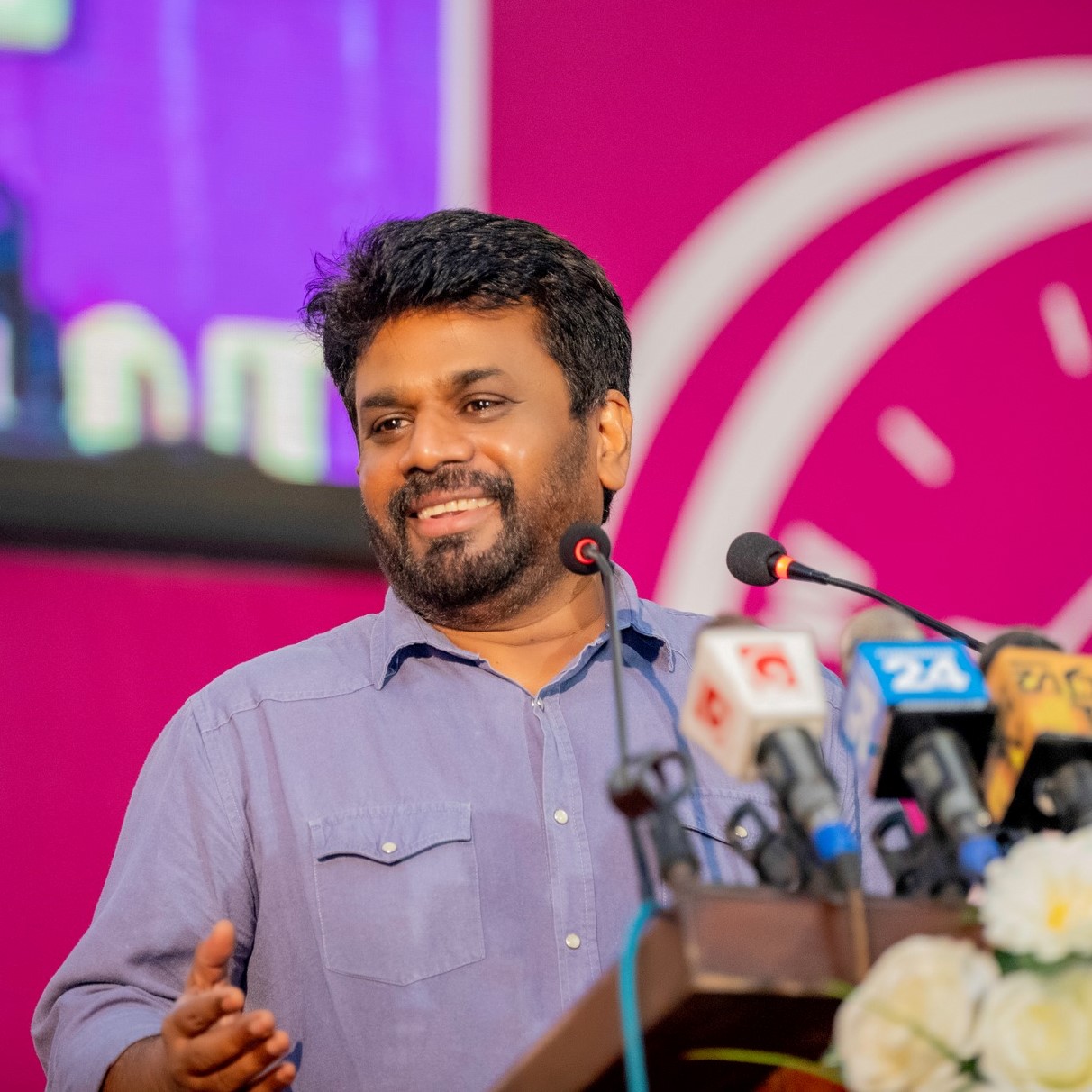Sri Lanka's Bold Reform: Curbing Political Privileges
The Sri Lankan government has introduced stringent regulations to limit the benefits for ministers, aiming to address public concerns over political privilege. These include caps on vehicles, fuel allowances, and staff numbers. The move sparks a debate over former President Mahinda Rajapaksa's security and residence privileges.

- Country:
- Sri Lanka
The Sri Lankan government is taking a bold stand against political privileges with newly announced regulations aimed at limiting benefits for ministers. This initiative seeks to address growing public concerns about accountability and excessive political advantages.
Under the new rules, President Anura Kumara Dissanayake has restricted Cabinet and deputy ministers to two official vehicles, with further limitations on fuel allowances and monthly expenses related to office, residential, and mobile phone usage. Additionally, staffing for a Cabinet minister is now capped at 15 members, while deputy ministers are limited to 12.
The announcement comes amidst a significant debate concerning former President Mahinda Rajapaksa's privileges, as his security detail was drastically reduced, and he faces pressure to vacate his official residence. Opposition groups are critical of these changes, suggesting they are politically motivated, while the government maintains that they are fulfilling pre-election promises.
(With inputs from agencies.)










